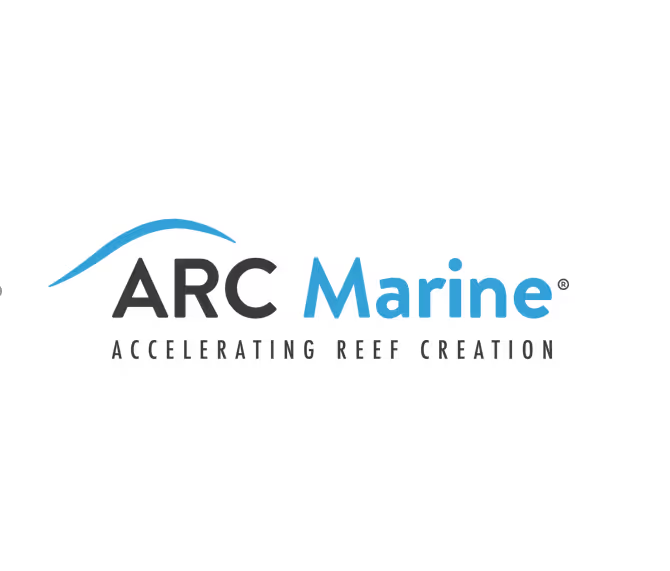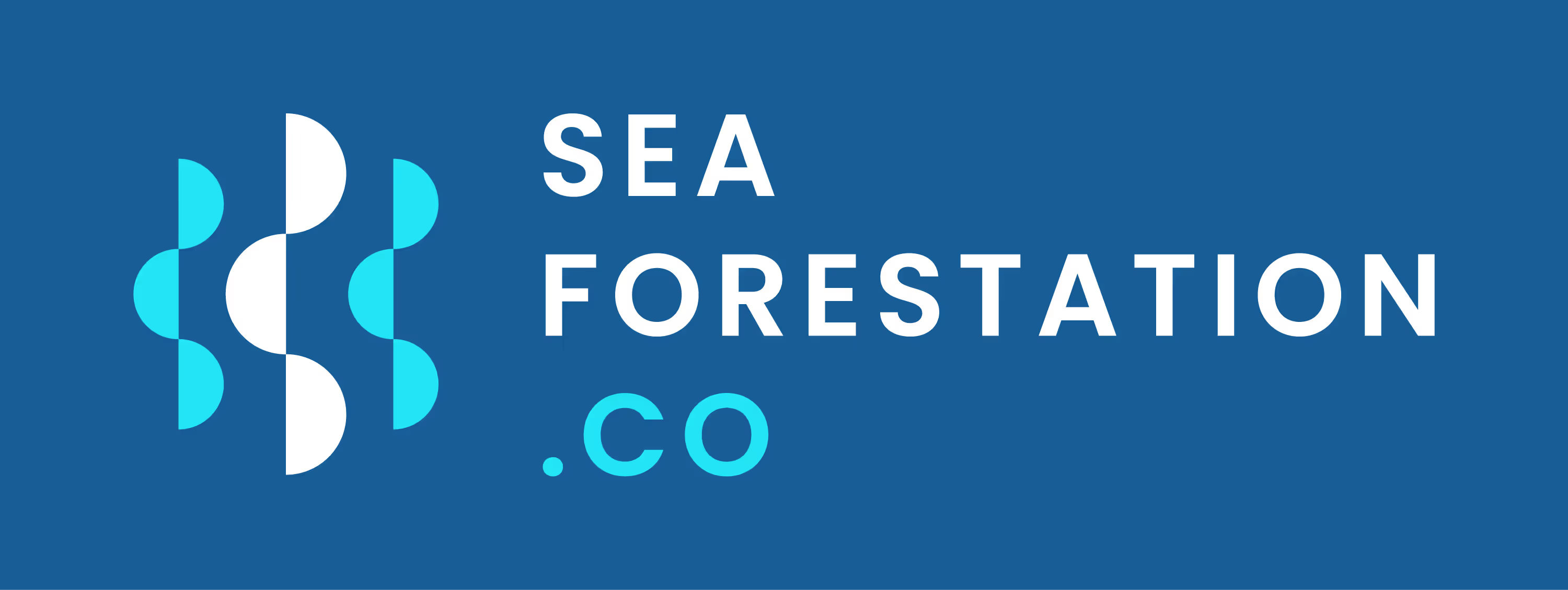Sustainable Ocean Alliance (SOA) activates young people, develops and implements innovative solutions, and mobilizes an ocean workforce to restore the health of the ocean in our lifetime.
Since founded by Daniela Fernandez in 2014, SOA has built the world’s largest network of young ocean leaders and supported innovative startups, nonprofits, and grassroots campaigns dedicated to solving the greatest threats facing our planet.
Two years ago at the World Economic Forum, we shared our vision with the world, and Salesforce Chair and Co-CEO Marc Benioff challenged us to accelerate 100 solutions by 2021.
Today, SOA is proud to announce that as of 2021, we have more than doubled our initial goal: we have accelerated 222 startups, nonprofits, and grassroots initiatives all over the world, each dedicated to restoring and sustaining the health of our ocean.

The Ocean Solutions Accelerator helps entrepreneurs launch for-profit ocean solutions for a sustainable blue economy by providing funding, mentorship, and other critical resources to scale their ventures and amplify their impact.
The Ocean Leadership Program (OLP) holistically supports over 6,000 global participants with the resources and networks they need to build ocean-healing solutions and to reach their full potential as ocean leaders. The OLP awards Microgrants of up to $15,000 USD to outstanding youth leaders to execute and scale their projects, and provides 72 youth-led Hubs with leadership and programmatic support.
Together, these 222 solutions for ocean restoration have touched tens of thousands of lives, restored critical marine ecosystems worldwide, invented sustainable alternatives to plastics, pioneered cutting-edge technology to illuminate the mysteries of our deepest seas and much, much more.
Each startup, nonprofit, and grassroots initiative has focused its efforts across five key areas of ocean health impact.
Learn more, and explore all 222 solutions below.
IMPACT:
15,540 metric tons of CO2 reduced, avoided, or sequestered
The fight to address climate change cannot be separated from the drive to support solutions that address carbon removal and blue carbon ecosystem development. In 2020, 31.5 gigatons of carbon (CO2) were emitted globally, with 83% of the carbon cycle circulating through the ocean. Certain marine and coastal ecosystems—like tidal marshes, mangroves, and seagrass meadows—play a critical role in this cycle by sequestering and storing what’s then known as “blue carbon.”
These ecosystems are critical to climate change mitigation. Mangroves and salt marshes, for example, remove carbon from the atmosphere at a rate 10 times greater and store five times more carbon per acre than tropical forests.
IMPACT:
1,755 metric tons of solid waste removed, upcycled, or avoided
Each year, only 9% of plastic produced ends up recycled—which results in 10 million tons of plastic dumped into our oceans every year. That’s nearly equivalent to the weight of the entire human population. These pollutants are responsible for choking marine life, destroying both marine and coastal ecosystems, and polluting our own food sources.
Today, the average person ingests over 70,000 microplastics each year (that’s 100 pieces over the course of a single meal). The solutions in this category work to reduce and eliminate items like single-use plastics. Their work in turn helps to build the circular economy, which promotes the extension of product lifecycles and aims to decrease solid waste and pollution.
IMPACT:
89,128 square meters of blue carbon ecosystems protected or restored
In addition to sustaining marine life and the communities that depend on it, coastal ecosystems account for approximately half of the total carbon sequestered in ocean sediments. These may include coral reefs, mangrove forests, kelp forests, wetlands, and seagrass beds. Together, they serve as nurseries for marine organisms and as critical areas of blue carbon capture.
However, many marine ecosystems are experiencing degradation and destruction by human activities, which not only leads to species depletion, but also releases the critically stored carbon back into the atmosphere.
Solutions in this category have monitored 150,000 kilometers of coastline for climate change adaptation planning, detected 67,000 whales to avoid marine collisions, produced 150+ ocean literacy reports and media projects, hosted 260 events with more than 30,000 youth participants, and much more.
More than 80% of our ocean is unmapped, unobserved, and unexplored. In the United States, only 35% of the ocean and coastal waters have been mapped with modern methods. In order to inform policy decisions that ensure marine and coastal ecosystem sustainability—and to empower humans worldwide to take local action to save the ocean—we need reliable data sources, mapping, and consistent analysis.
Some projects in the category of ocean literacy, data, and research focus on data collection and analysis, while other initiatives are dedicated to fostering knowledge-sharing and creating local opportunities for action. All play critical roles in leveraging knowledge and technical skills to catalyze lasting ocean impact.
Every year, 30% of commercial fish stocks are overfished, while harmful fishing practices cause over 38 million tons of bycatch (the incidental capture of a non-target species). As a result, this institutionalized overfishing has contributed to a marked decrease in recorded marine species over the last 40 years.
Sustainable protein, fisheries, and aquaculture solutions address the challenge of sustainably feeding the world's growing human population without the continued exploitation of marine habitats and species.
SOA’s solutions in this area are varied, with many developing new, innovative systems of impact tracking. One Microgrant project is developing a supply chain around selling “gourmet” sea urchins in order to quell California’s invasive purple sea urchin population explosion. Another is piloting a CSA-style delivery service in the Philippines to support seasonal, sustainably caught seafood. Our Accelerator alumni are hard at work in this area as well, developing plant-based alternatives to seafood (think kelp burgers, kelp jerky, and cell-cultured tuna), net sensors to reduce bycatch, deepwater solar irrigation for seaweed farming, and more.
Microgrant
/
Indonesia
Carbon (CO2) Reduction & Blue Carbon
Indri Addini
Led by the organization CarbonEthics, project Bintang seeks to use lessons learned from blue carbon conservation in the Thousand Islands to scale up their efforts in Bintan Island, Indonesia. The project will focus on blue carbon restoration in Bintan Island through mangrove seed diversification and research as well as seagrass research.
LEARN MOREMicrogrant
/
Peru
Pollution Reduction & the Circular Economy
Marysol Gomez Naveda
HAZla por tu Playa is a global campaign to keep our ocean, seas, lakes and rivers free from pollution. This movement started in Peru (reaching 22 regions) and has now extended to 11 countries, continuing to grow with each edition. Over the 8 editions of HAZla we have cleaned over 1000 beaches, rivers, wetlands & lakes with around 200 tons of debris collected and the success of knowing that our efforts not only cleaned but prevented more plastic from reaching the sea. Our strong network of around 900 regional leaders mobilize thousands of volunteers to collect data every year.
LEARN MOREMicrogrant
/
India
Pollution Reduction & the Circular Economy
Kristin Kagetsu
With support from SOA, Saathi will do a thorough assessment of the positive environmental impact of their product in terms of plastic and C02 pollution avoided due to the production of their plastic-free feminine hygiene products. Their business model has a positive impact at every part of our supply chain, providing income to farmers who produce the materials, employ an all-female manufacturing staff, and sell pads to women typically residing in underserved urban areas.
LEARN MORE
Startup
/
United Kingdom
Blue Foods (Sustainable Protein, Fisheries & Aquaculture)
Daniel Watson, Nadia Laabs, &Aran Dasan
SafetyNet Technologies is making the fishing industry smarter through the development of user-friendly technologies to enable Precision Fishing and make the industry more sustainable.
LEARN MOREMicrogrant
/
Mexico
Ocean Data, Literacy & Research
Karen Fuentes
The Manta Caribbean Project is developing conservation strategies that ensure the long-term safeguarding of mobulid rays in collaboration with various stakeholders such as lobster fishermen, MPA rangers, and MPA managers. The project provides workshops for fishing cooperatives on tactics to reduce the risk of mobulid entanglements and increase community knowledge about the species.
LEARN MOREMicrogrant
/
Peru
Ocean Data, Literacy & Research
Ana Lucía Yapur Pancorvo
SOA Hub Perú and Coalición Tiburón Perú will develop a shark conservation campaign in Perú, which is home to many endangered or threatened shark species. They will first conduct preliminary research, then develop audiovisual materials to highlight the importance of shark conservation, while communicating through social media platforms, murals and printed materials.
LEARN MORE
Startup
/
USA
Pollution Reduction & the Circular Economy
Rob Ianelli
Oceanworks® is a sourcing engine connecting local recycled plastic supply with global demand to keep plastic waste out of the ocean. Track-and-trace infrastructure and quality standards allow brands to purchase with confidence and the capacity of the global network provides security at scale. Brands, manufacturers and recyclers choose Oceanworks® Guarantee for their materials or direct impact programs to show their commitment to a larger solution - a circular economy to end ocean plastic.
LEARN MORE
Startup
/
United Kingdom
Ecosystem Preservation & Restoration
Tom Birbeck, James Doddrell
ARC Marine is an eco-engineering company pioneering nature-inclusive design & accelerating reef creation. ARC Marine has developed Reef Cubes, the patented building blocks for the ocean which provide sustainable habitat & nurseries, and spawning grounds whilst performing a useful subsea and/or coastal asset protection role. Reef Cubes are made from 95% recycled materials, do not contain any plastics, and are carbon neutral.
LEARN MORE
Startup
/
USA
Blue Foods (Sustainable Protein, Fisheries & Aquaculture)
Brian von Herzen
SeaForestation Co provides deepwater solar irrigation services and equipment for replete seaweed cultivation across the oceans to meet food security needs, ecosystem life support and carbon export applications. Restoring natural upwelling with deepwater irrigation of seaweed platforms restores production rates lost due to climate disruption, while staving off the Permian Mass Extinction one kelp forest at a time. SeaForestation Co addresses billion-dollar markets in food, feed and agricultural amendments while regenerating critical marine ecosystems and measuring carbon export to the deep ocean.
LEARN MORE